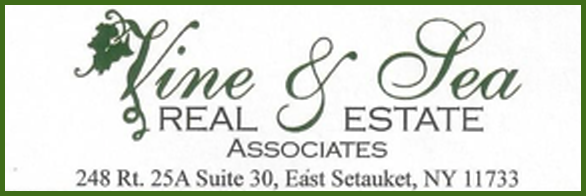Looking for REO property or a foreclosure in Long Island?
What’s an REO?
“REO” or Real Estate Owned are properties which have completed the foreclosure process and are presently held by the bank or mortgage company. This is not the same as a property up for foreclosure auction.
When buying a property during a foreclosure sale, you must pay at least the loan balance plus any interest and other fees added during the foreclosure process. The buyer must also be able to pay with cash in hand. To top everything off, you’ll accept the property entirely as is. That may consist of prevailing liens and even current denizens that need to be thrown out.
A bank-owned property, conversely, is a more tidy and attractive transaction. The REO property was unable to find a buyer during foreclosure auction. The bank now owns it. The lender will attend to the elimination of tax liens, evict occupants if needed and generally arrange for the issuance of a title insurance policy to the buyer at closing.
Do be aware that REOs may be exempt from normal disclosure requirements. For example, in North Carolina, it is optional for foreclosures to have a Property Disclosure Statement, a document that ordinarily requires sellers to disclose any defects they are aware of. By hiring Vine andSea Real Estate Associates, you can rest assured knowing all parties are fulfilling New York state disclosure requirements.
Are REO properties a bargain in Long Island?
It’s commonly assumed that any REO must be a steal and an opportunity for easy money. This isn’t necessarily true. You have to be prudent about buying a repossession if your intent is to make money. Even though the bank is typically eager to sell it promptly, they are also looking to minimize any losses.
When pondering the value of REO property, you need to look closely at comparable sales in the neighborhood and be sure to take into account the time and cost of any repairs or remodeling needed to prepare the house for resale. It is possible to find REOs with money-making potential, and many people do very well buying and selling foreclosures. However, there are also many REOs that are not good buys and may not be money makers.
All set to make an offer?
Most banks have a department dedicated to REO that you’ll work with in buying REO property from them. To get their properties advertised on the local MLS, the lender will frequently contract with a listing agent.
Before making your offer, you’ll want to contact either the listing agent or REO department at the bank and find out as much as you can about what they know concerning the condition of the property and what their process is for getting offers. Since banks usually sell REO properties “as is”, you may want to include an inspection contingency in your offer that gives you time to check for unseen damage and retract the offer if you find it. As with making any offer on real estate, you’ll make your offer more attractive if you can include documentation of your ability to pay, such as a pre-approval letter from a lender.
Once you’ve made your offer, it’s customary for the bank to counter offer. From there it will be your decision whether to accept their counter, or offer a counter to the counter offer. Your deal might be final in a single day, but that’s rare. Since offers and counter offers usually allow a day or more for the other party to respond (and employees at a bank don’t work nights or weekends) you could be looking at a week or longer.
